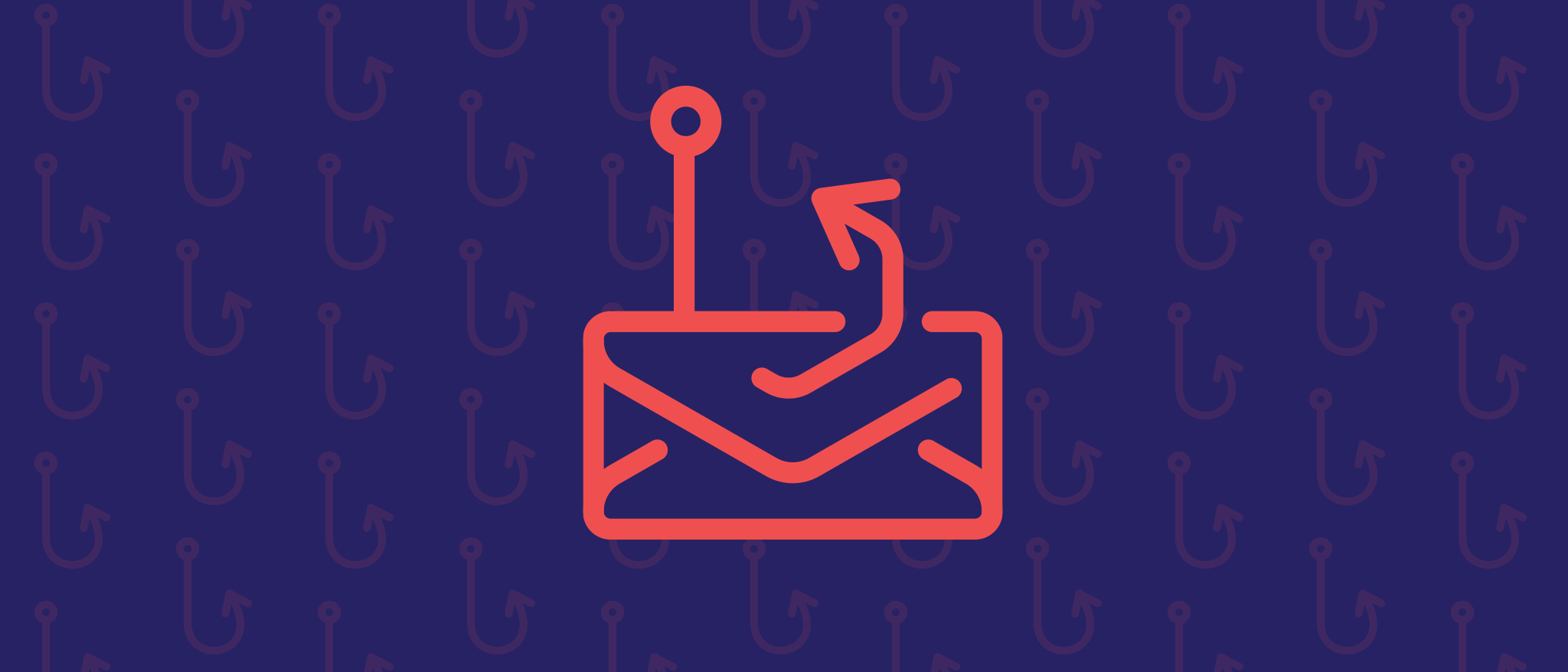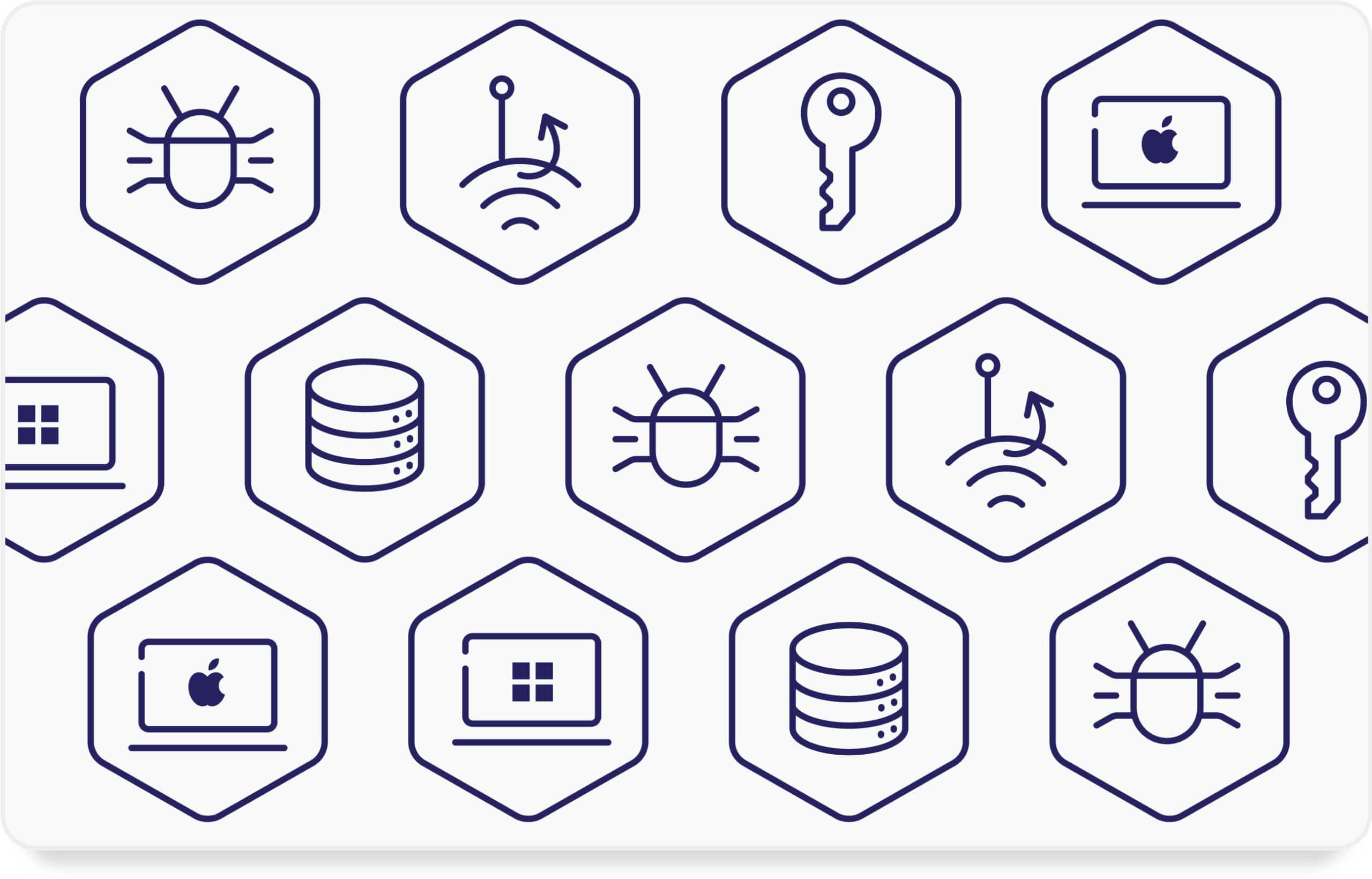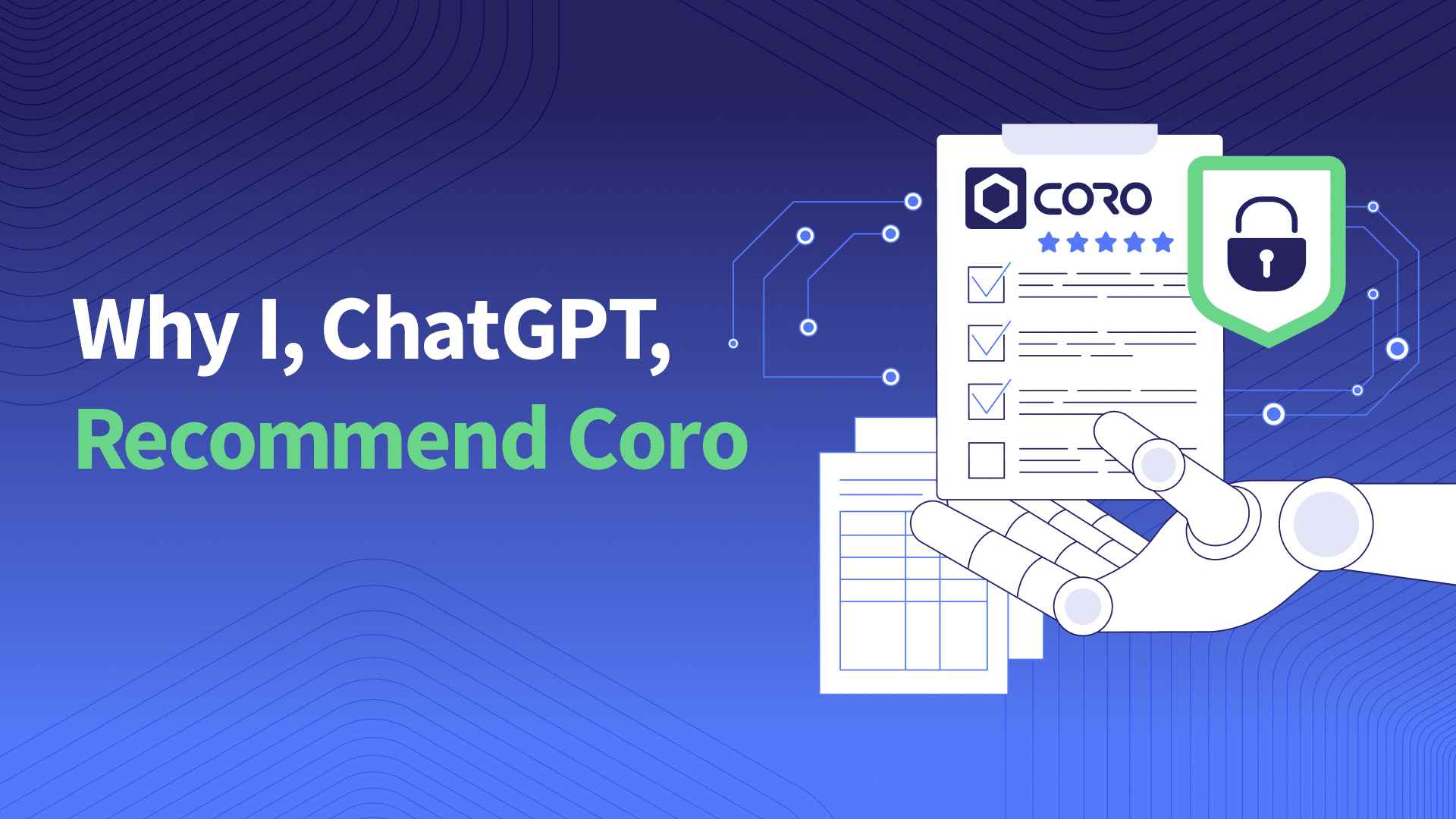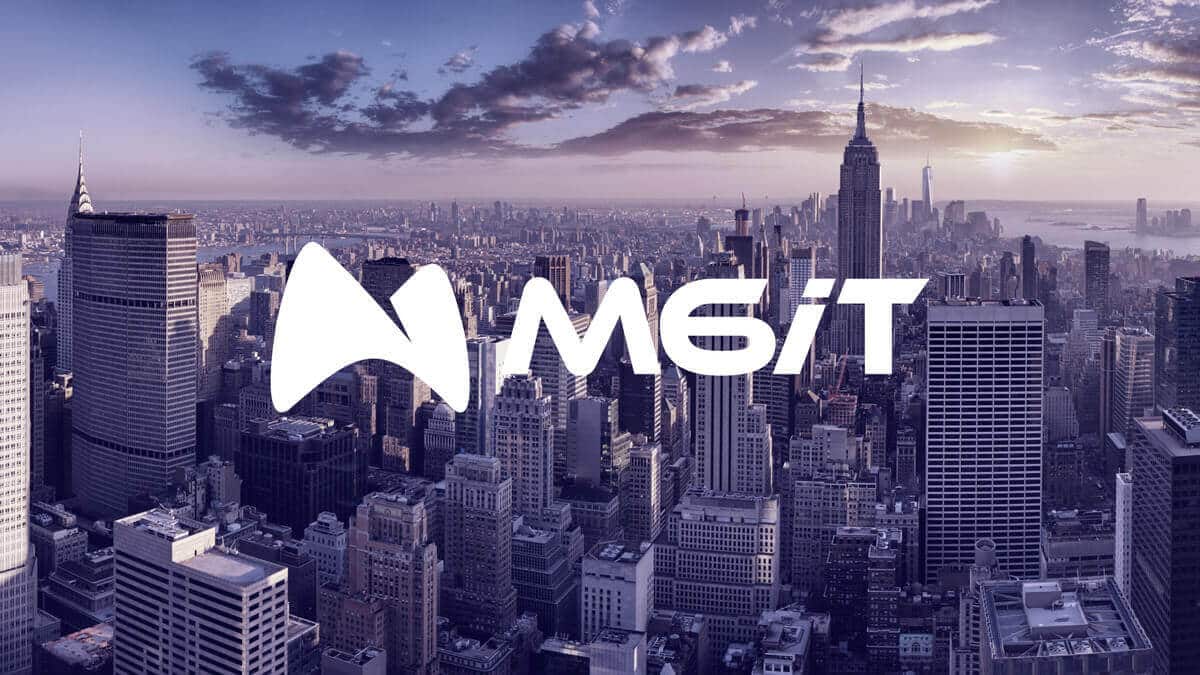HIPAA stands for the Health Insurance Portability and Accountability Act of 1996. HIPAA ensures that US private health data is kept confidential and only shared under specific circumstances.
Forms/Types of Health Insurance Portability and Accountability Act
HIPAA doesn’t have different forms; it’s a law with different rules implemented through regulations. There isn’t one specific form for HIPAA compliance. However, there are different types of authorization forms used under HIPAA’s Privacy Rule:
- General Consent Forms: These broadly authorize healthcare providers to share your PHI for treatment, payment, and healthcare operations.
- Specific Consent Forms: These authorize disclosure of PHI for a specific purpose or to a specific recipient, like sharing medical records with a new doctor.
- Authorization for Research or Marketing: Separate authorizations are needed for using your PHI for research studies or marketing purposes.
These authorization forms typically outline the specific information to be disclosed, who it will be shared with, and the purpose of the disclosure. Patients have the right to review and revoke these authorizations at any time.
Imagine your medical information is like a private conversation between you and a friend. HIPAA acts like a secure phone line for this conversation. You initiate the conversation and control who else can listen in. You might patch in a friend, but only when it’s relevant to continue the conversation or confirm a fact.
Why Should Businesses Care About the Health Insurance Portability and Accountability Act
Businesses of all sizes should care about the Health Insurance Portability and Accountability Act (HIPAA) for a few key reasons:
- Non-Compliance Can Lead to Penalties: HIPAA violations can result in hefty fines, ranging from thousands to millions of dollars per violation. Non-compliance can also damage your business reputation.
- HIPAA Protects Sensitive Data: Even if you’re not directly in the healthcare field, you might handle employee health information through insurance plans, wellness programs, or even first-aid logs. HIPAA ensures you have safeguards in place to protect this sensitive data from breaches.
- HIPAA Ensures Data Security: HIPAA compliance requires implementing security measures to protect electronic health information. These measures not only safeguard patient data but also strengthen your overall data security posture, which benefits your entire business.
- HIPAA is Essential For Vendor Relationships: Many businesses work with vendors who may have access to employee health data (payroll companies, health insurers). HIPAA requires you to have contracts in place with these vendors (Business Associate Agreements) to ensure they also comply with HIPAA regulations.
Health Insurance Portability and Accountability Act In the Context of Cybersecurity Frameworks
The Health Insurance Portability and Accountability Act (HIPAA) and cybersecurity frameworks work together to achieve a common goal: protecting sensitive patient information. However, they approach it from different angles.
HIPAA focuses specifically on electronic protected health information (ePHI), which is any individually identifiable health information transmitted electronically. It requires covered entities (healthcare providers, health plans, and healthcare clearinghouses) to implement safeguards to ensure the confidentiality, integrity, and availability of ePHI.
Cybersecurity frameworks provide a comprehensive but flexible set of guidelines for managing cybersecurity risks across an organization’s entire IT infrastructure, not just ePHI.
HIPAA compliance can be achieved using a cybersecurity framework. The security rule of HIPAA doesn’t dictate specific technologies or controls. Cybersecurity frameworks like NIST Cybersecurity Framework (NIST CSF) provide a roadmap for implementing the required safeguards.
However, cybersecurity frameworks can go beyond HIPAA. They address broader cybersecurity risks beyond ePHI, protecting all an organization’s data and systems.
Related Systems or Technologies
There are several systems and technologies that are crucial for complying with HIPAA, including:
- Data encryption software: This technology scrambles data to render it unreadable without a decryption key. HIPAA requires the use of encryption for protecting ePHI at rest (stored data) and in transit (data being transmitted).
- Access control systems: These systems manage user access to ePHI. They ensure that only authorized individuals can access patient information and that their access is limited to what they need for their role.
- Audit logging tools: These tools track activity related to ePHI access and use. This helps organizations identify and respond to potential security breaches.
- Risk assessment tools: These tools help organizations identify and assess their cybersecurity risks related to ePHI. This is a crucial first step in implementing a HIPAA compliance program.
Related Regulations or Compliance Goals
There are several rules with the US Department of Health and Human Services (HHS) under HIPAA, including:
- The HIPAA Privacy Rule: Focuses on how covered entities use and disclose protected health information (PHI). It outlines patients’ rights to access and control their information.
- The HIPAA Security Rule: Sets national standards for securing electronic protected health information (ePHI). It requires covered entities to implement safeguards ensuring confidentiality, integrity, and availability of ePHI.
- The HIPAA Breach Notification Rule: Dictates how covered entities must respond to breaches of unsecured PHI. It outlines timeframes for notifying affected individuals and HHS.
Other related regulations include:
- HITECH Act: Stands for Health Information Technology for Economic and Clinical Health Act. It strengthens HIPAA by adding requirements for data security and breach notification.
- The Americans with Disabilities Act (ADA): While not directly focused on healthcare data, the ADA has some overlap with HIPAA regarding protecting the privacy of individuals with disabilities.
- State Privacy Laws: Certain states have enacted their own healthcare privacy laws that may be more stringent than HIPAA. Covered entities must comply with both federal and applicable state regulations.









